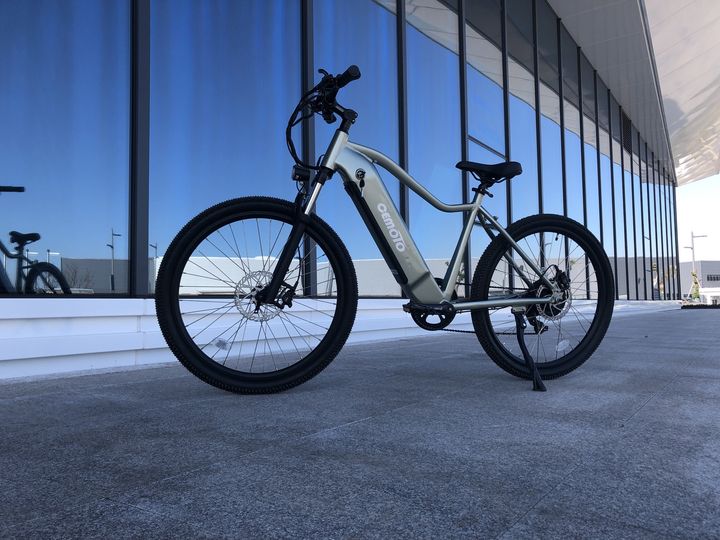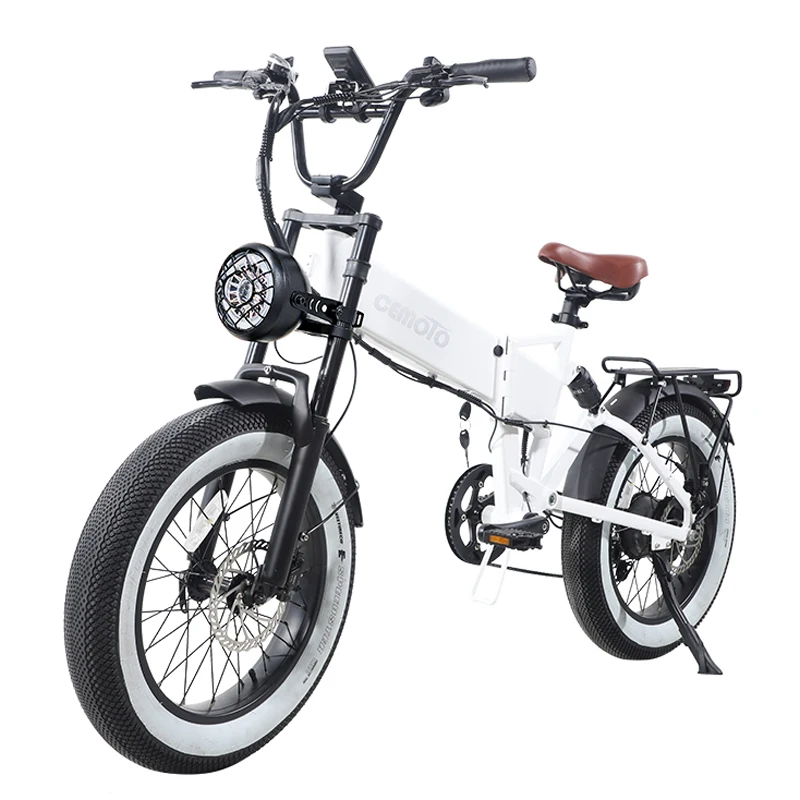Electric bikes, also known as e-bikes, have gained significant popularity in recent years as a sustainable and efficient mode of transportation. With their growing presence on roads and bike lanes, one question that often arises is, “How fast can electric bikes go?” Today, we explore the speed capabilities of these eco-friendly vehicles.
Electric bikes are equipped with an electric motor that assists the rider’s pedaling effort. The maximum speed of an electric bike varies depending on several factors, including the motor power, battery capacity, and local regulations. In most countries, electric bikes are classified into different categories based on their maximum speed capabilities.

In general, electric bikes can reach speeds of up to 20 mph (32 km/h) on average. However, some high-performance e-bikes can achieve speeds of up to 28 mph (45 km/h) or even higher. These faster models are often referred to as “speed pedelecs” or “S-pedelecs” and require a special license or registration in certain regions.
It is important to note that the maximum speed of an electric bike is typically limited by law to ensure safety on the roads. In many countries, there are regulations in place that restrict the motor’s power output and speed capabilities. These regulations aim to maintain a balance between the benefits of e-bikes and the safety of riders and other road users.
The speed of an electric bike is also influenced by external factors such as terrain, wind resistance, and the weight of the rider and any additional cargo. Climbing steep hills or riding against strong headwinds may reduce the speed of an e-bike, while riding on flat terrain or with a tailwind can enhance its speed capabilities.
As technology continues to advance, we can expect electric bikes to become even faster and more efficient. Manufacturers are constantly improving motor power, battery capacity, and overall design to enhance the performance of e-bikes. This progress will undoubtedly contribute to the further adoption of electric bikes as a viable alternative to traditional modes of transportation.
In conclusion, the speed of electric bikes can vary depending on various factors, but on average, they can reach speeds of up to 20 mph (32 km/h). However, some high-performance models can achieve speeds of up to 28 mph (45 km/h) or higher. As e-bike technology advances, we can anticipate even faster and more efficient electric bikes in the future.
For more information about electric bikes and their speed capabilities, please contact cem@cemoto.cn


